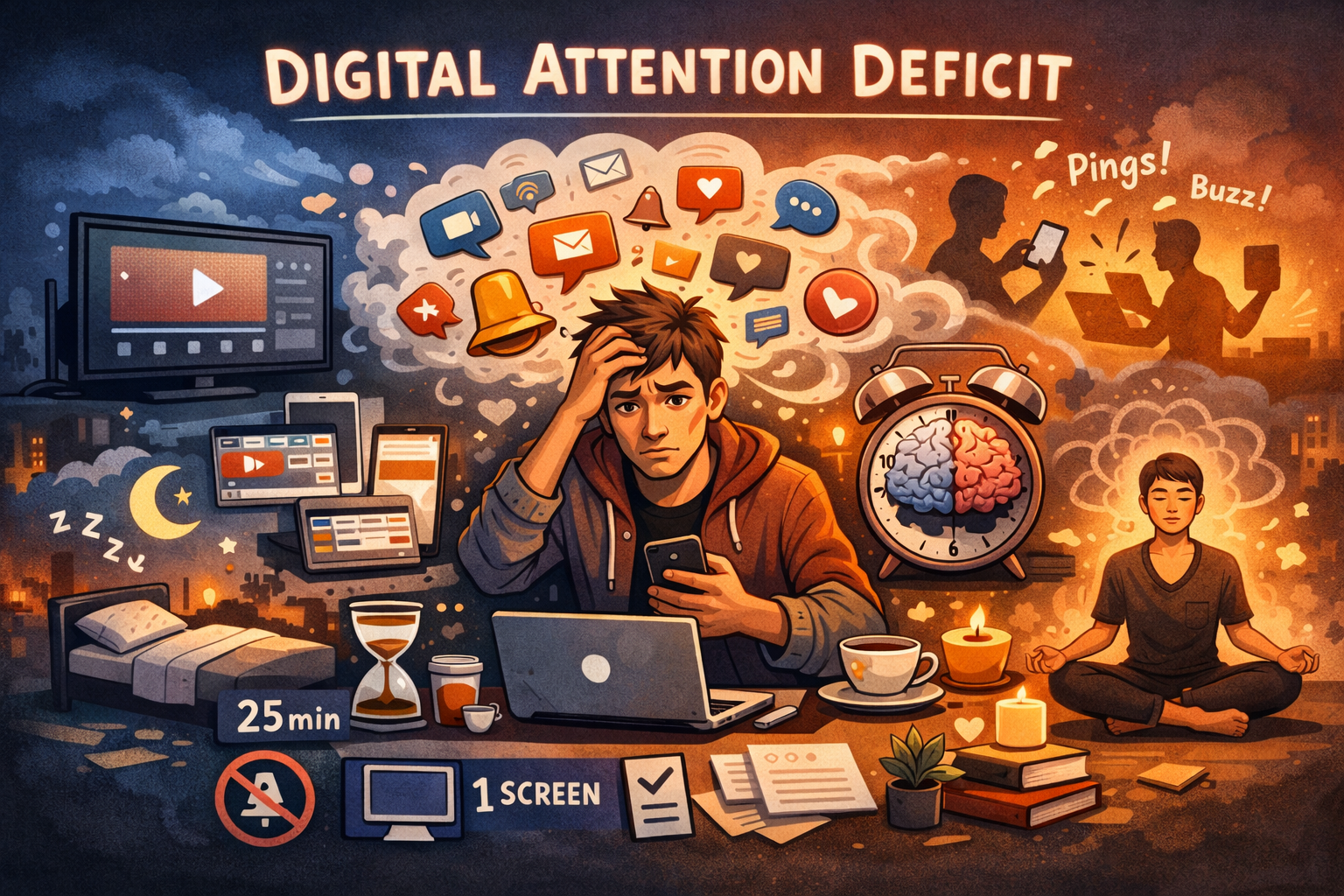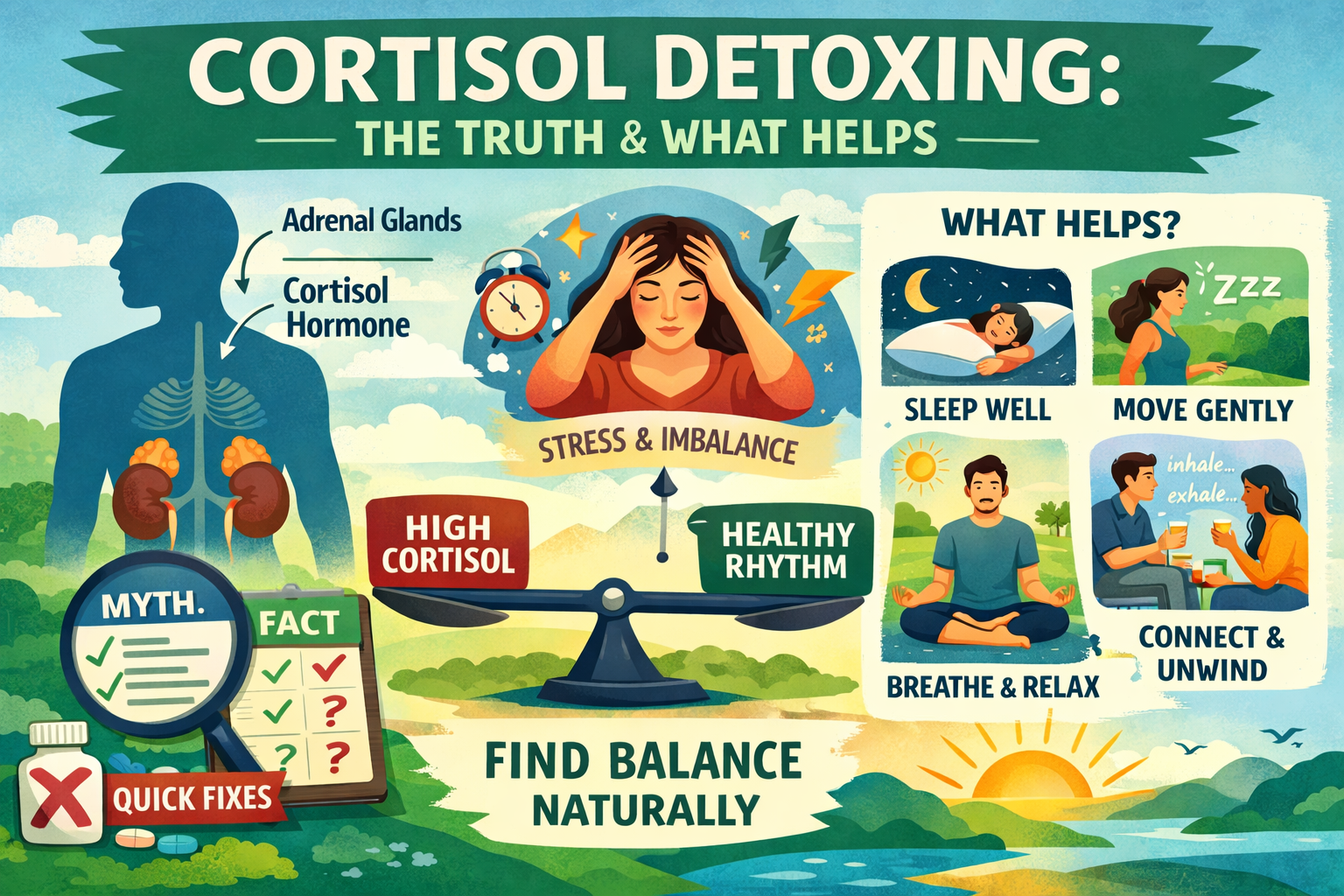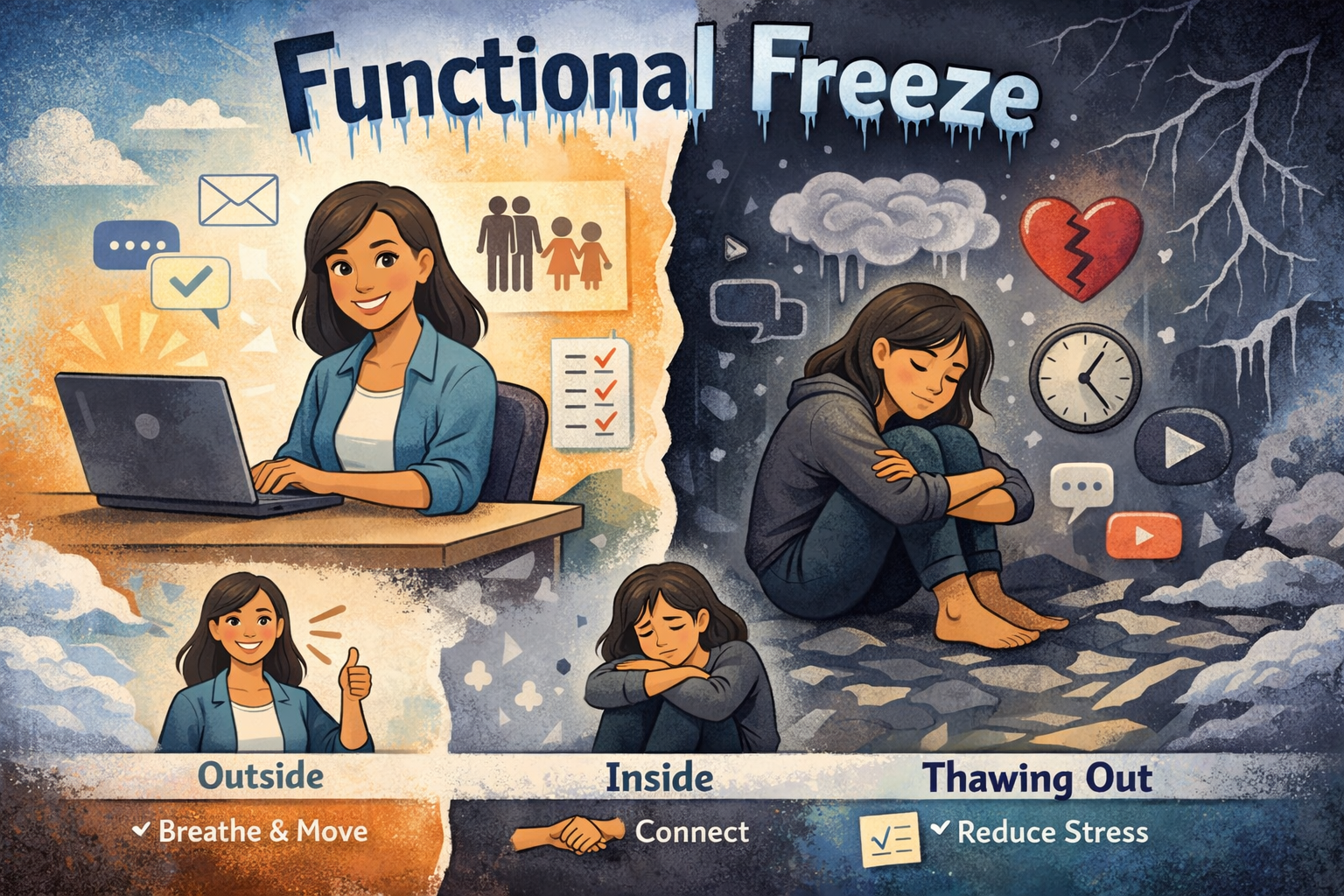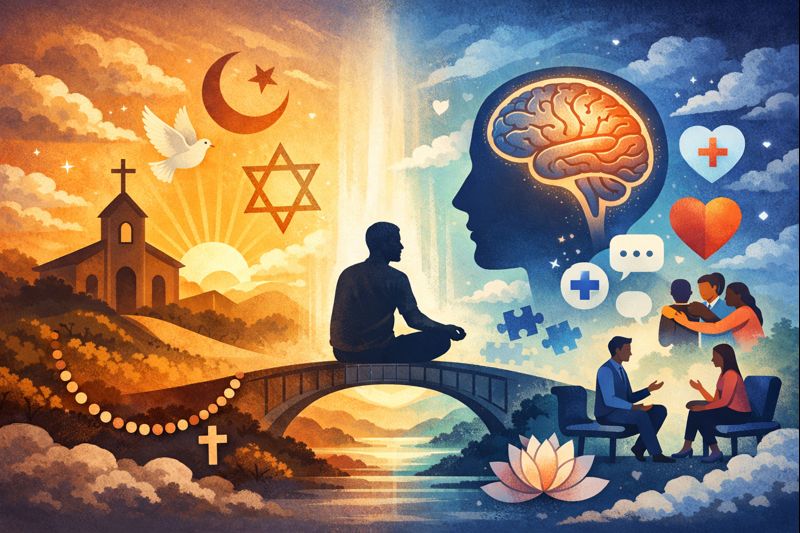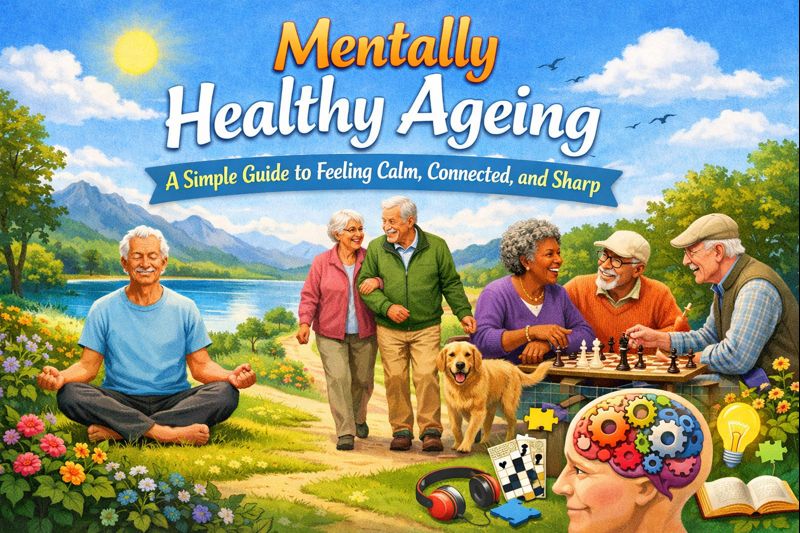When we hear the word dementia, most of us immediately think of memory loss. Forgetting names, losing track of time, or not recognizing familiar faces. But dementia is much more than just fading memories. It is an emotional, psychological, and social journey — not only for the person experiencing it but also for their loved ones.
As a society, we often look at dementia as only a medical problem, but in truth, it is deeply connected with our mental and emotional wellbeing. If we can understand this connection, we can bring compassion, patience, and hope into the lives of those living with it.
The Emotional Side of Dementia
Beyond the clinical symptoms, dementia brings a lot of emotions. Anxiety, depression, irritability, and even sudden mood swings are common. Imagine waking up one day and not knowing where you are — the fear is real. For us as family members or caregivers, it can feel heartbreaking to see our loved one change in ways we never expected.
When mental health is ignored, the condition often worsens. Anxiety and depression can speed up cognitive decline. On the other hand, creating an emotionally safe and supportive environment can help slow down progression and improve quality of life.
Why Mental Health Matters
Dementia does not live in isolation — it walks hand in hand with mental health. Stress, loneliness, and unhealed trauma all influence how dementia shows up in daily life. Our brains and emotions are connected; when the mind is distressed, memory and cognition suffer even more.
- Depression in dementia patients often hides behind silence or withdrawal.
- Anxiety may make them restless and suspicious.
- Loneliness can magnify the sense of confusion and hopelessness.
Recognizing these mental health layers is just as important as managing physical symptoms.
The Family's Silent Struggle
Dementia doesn't affect just one person — it touches the entire family. Caregivers often go through what's called "anticipatory grief," mourning the gradual loss of the person they once knew. We feel exhausted, guilty, or helpless at times. It's okay to admit this. Acknowledging our own mental health needs as caregivers is part of coping.
Support groups, counseling, or simply talking with others who understand can bring immense relief. When we take care of our emotions, we are in a better position to care for our loved ones.
How to Cope — Practical Steps
1. Create a Safe Emotional Space
- Speak calmly, with reassurance.
- Avoid correcting harshly when they forget. Instead, gently redirect.
- Use touch, music, or old photographs to spark comfort and connection.
2. Prioritize Mental Health
- Encourage simple routines like short walks, light yoga, or breathing exercises.
- Therapy or counseling can reduce depression and anxiety. Learn more about mental health support for dementia patients.
- If needed, consult doctors about medication for severe mood disturbances.
3. Build a Circle of Support
- No one should walk this journey alone. Join caregiver groups or local communities.
- Share responsibilities among family members.
- Don't hesitate to ask for help — it is not a weakness but a strength.
4. Practice Self-Care as a Caregiver
- Take breaks. Even 20 minutes of "me-time" can make a difference.
- Stay connected with friends and activities you love.
- Remember: your health and happiness matter too. Find resources at the Family Caregiver Alliance.
Hope Beyond the Diagnosis
Yes, dementia changes lives, but it does not erase the person. Love, kindness, and patience can still reach them, even when words fail. A smile, a gentle hand, a song from their youth — these little acts bring warmth that no medicine can replace.
Mental health is the hidden key in the dementia journey. When we nurture it — both for the patient and ourselves — we find resilience, meaning, and moments of unexpected joy.
Final Thoughts
Beyond memory loss lies a story of emotions, connections, and courage. Dementia is not just about fading recollections; it is about how we choose to respond as families, friends, and communities. Let us not only focus on what is lost but also on what remains — dignity, love, and the ability to feel.
By weaving mental health care into dementia support, we can make this journey a little lighter, a little brighter, and filled with more humanity.a
Are you looking for inner peace, deep relaxation or holistic solutions for mental health? Visit http://themindtherapy.in - your space for online counselling/therapy, free mental health tests, meditation, sound therapy etc.
Mind Therapy is India's trusted platform for mental health, mindfulness, and holistic healing. Explore expert-led programs, guided meditation, sound therapy and counselling at http://themindtherapy.in



